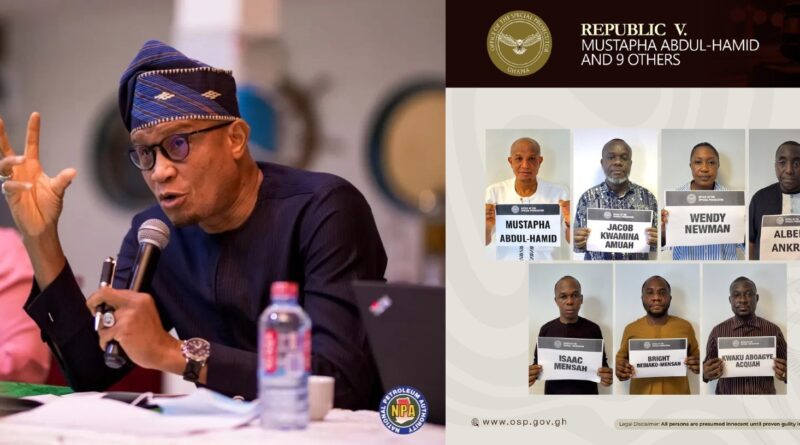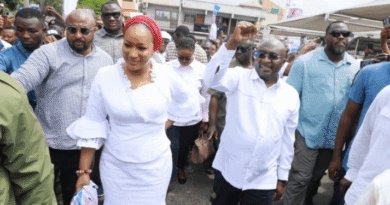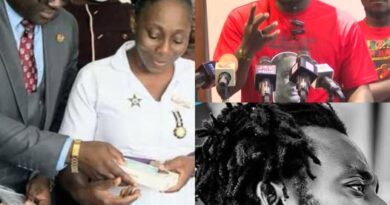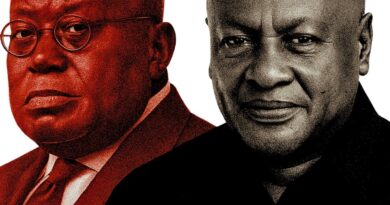Former NPA Boss, Others Deny GH¢280m Extortion Charges in Court
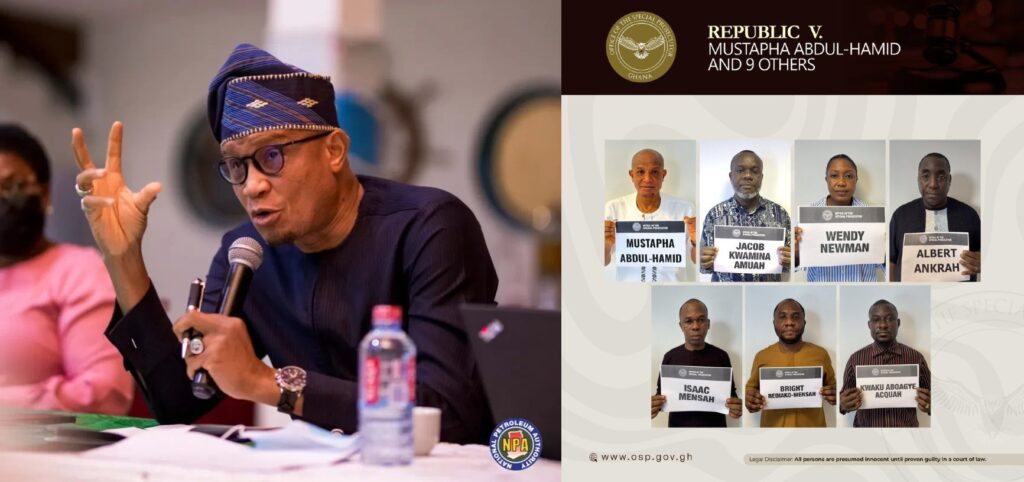
Former NPA Boss Pleads Not Guilty in GH¢280m Extortion Trial
The former Chief Executive of the National Petroleum Authority (NPA), Dr. Mustapha Abdul-Hamid, has pleaded not guilty to major corruption charges. He appeared in court yesterday along with other accused individuals.
They are facing charges of conspiracy to extort, extortion, and using public office for personal gain.
Bail Conditions Set by Court
Dr. Abdul-Hamid and two other NPA officials were each granted bail of GH¢2 million.
The two others are:
- Jacob Kwamina Amuah, Coordinator of the Unified Petroleum Pricing Fund (UPPF)
- Wendy Newman, a staff member of the NPA Audit Department
Each must provide two sureties. One must be a public servant earning at least GH¢5,000 monthly. The other must show ownership of landed property.
All three are to report to investigators every two weeks.
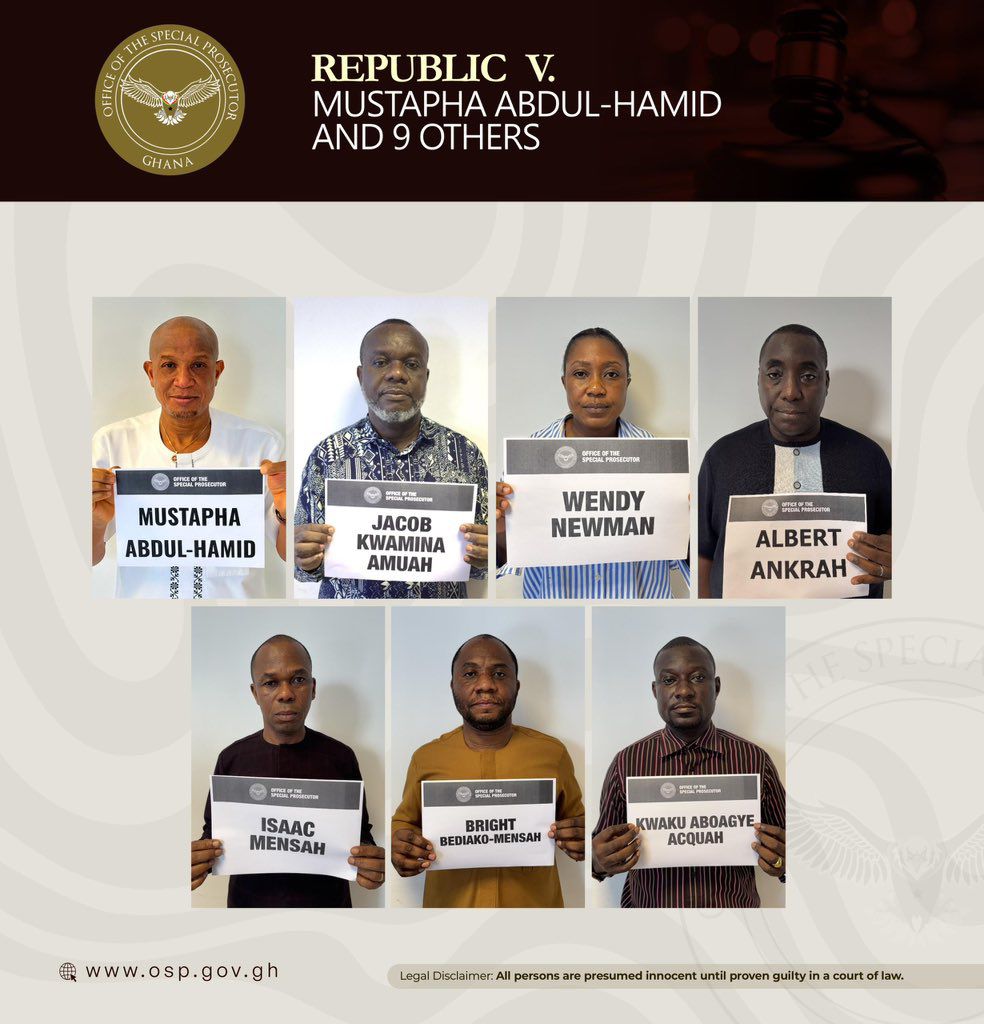
Four Business Executives Also Charged
Alongside the public officials, four executives of oil-related companies have also been charged:
- Albert Ankrah – Director, Kel Logistics
- Isaac Mensah – Director, Kel Logistics
- Bright Bediako-Mensah – Director, Kel Logistics and Kings Energy
- Kwaku Aboagye Acquaah – Director, Kings Energy
They were each granted GH¢2 million bail with three sureties. One surety must provide justification with a landed property.
OSP Alleges Coordinated Criminal Scheme
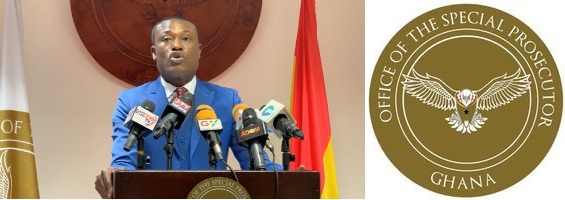
According to the Office of the Special Prosecutor (OSP), the extortion operation took place between 2022 and December 2024.
Dr. Abdul-Hamid is accused of devising the plan. He allegedly recruited Amuah, who then brought Newman on board to help collect the money.
The OSP claims the team extorted GH¢280.51 million from oil marketing companies and bulk oil transporters.
How the Funds Were Allegedly Used
The prosecution says Amuah transferred GH¢24 million directly to Abdul-Hamid in 2024.
Of the total money, GH¢227.23 million allegedly passed through Newman. She is said to have distributed it based on Amuah’s instructions.
Companies Allegedly Laundered the Money
The OSP says the other accused individuals helped launder the proceeds through various companies.
They reportedly used the money to:
- Buy and build houses
- Purchase trucks for fuel delivery
- Build fuel stations
The goal, the charges say, was to hide the source of the money and avoid legal consequences.
Take-Home Message
This high-stakes corruption case highlights growing efforts to tackle financial crimes in Ghana’s petroleum sector. The outcome could shape public trust in regulatory institutions for years to come.

